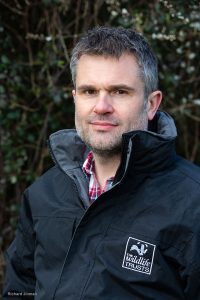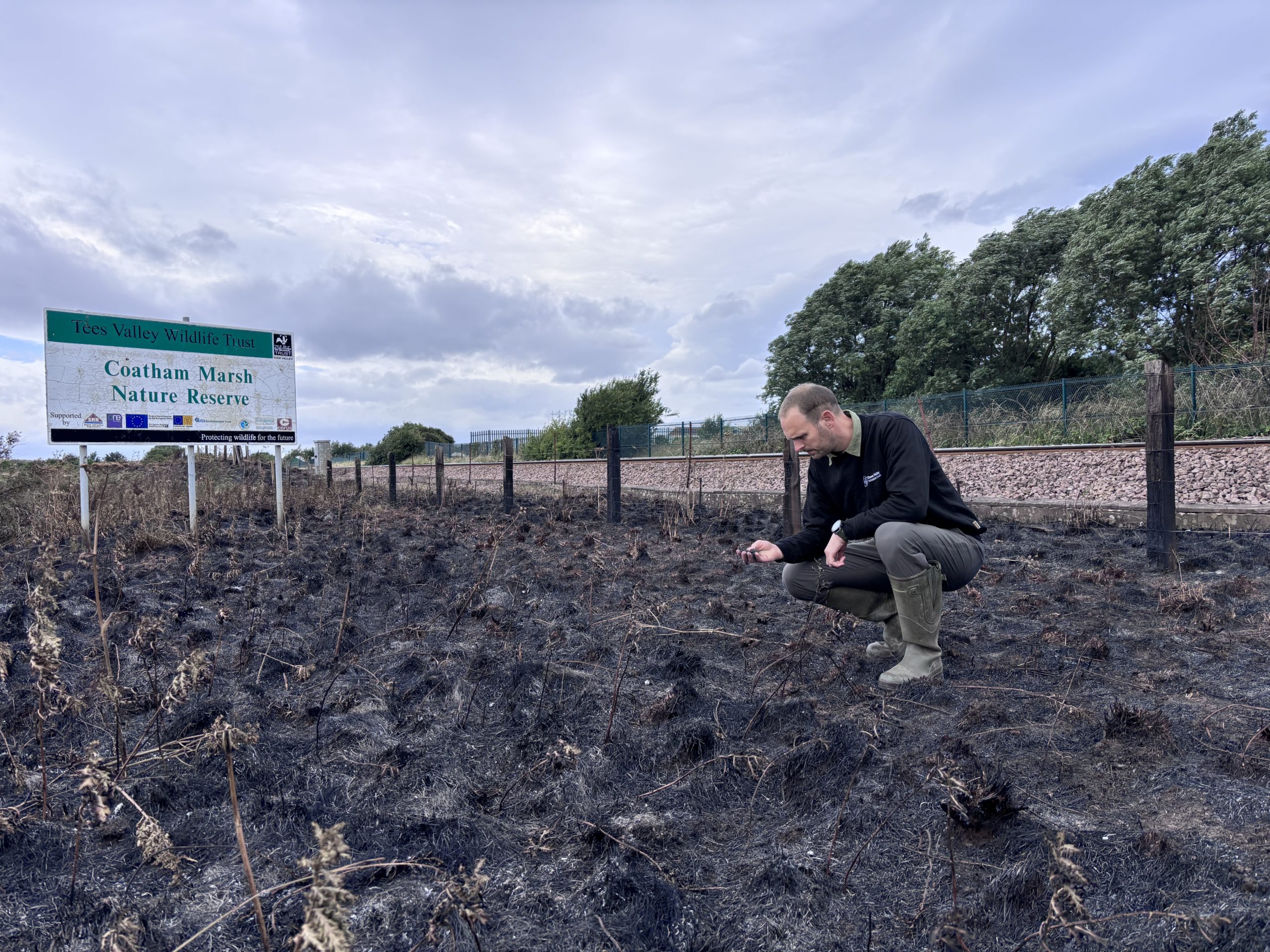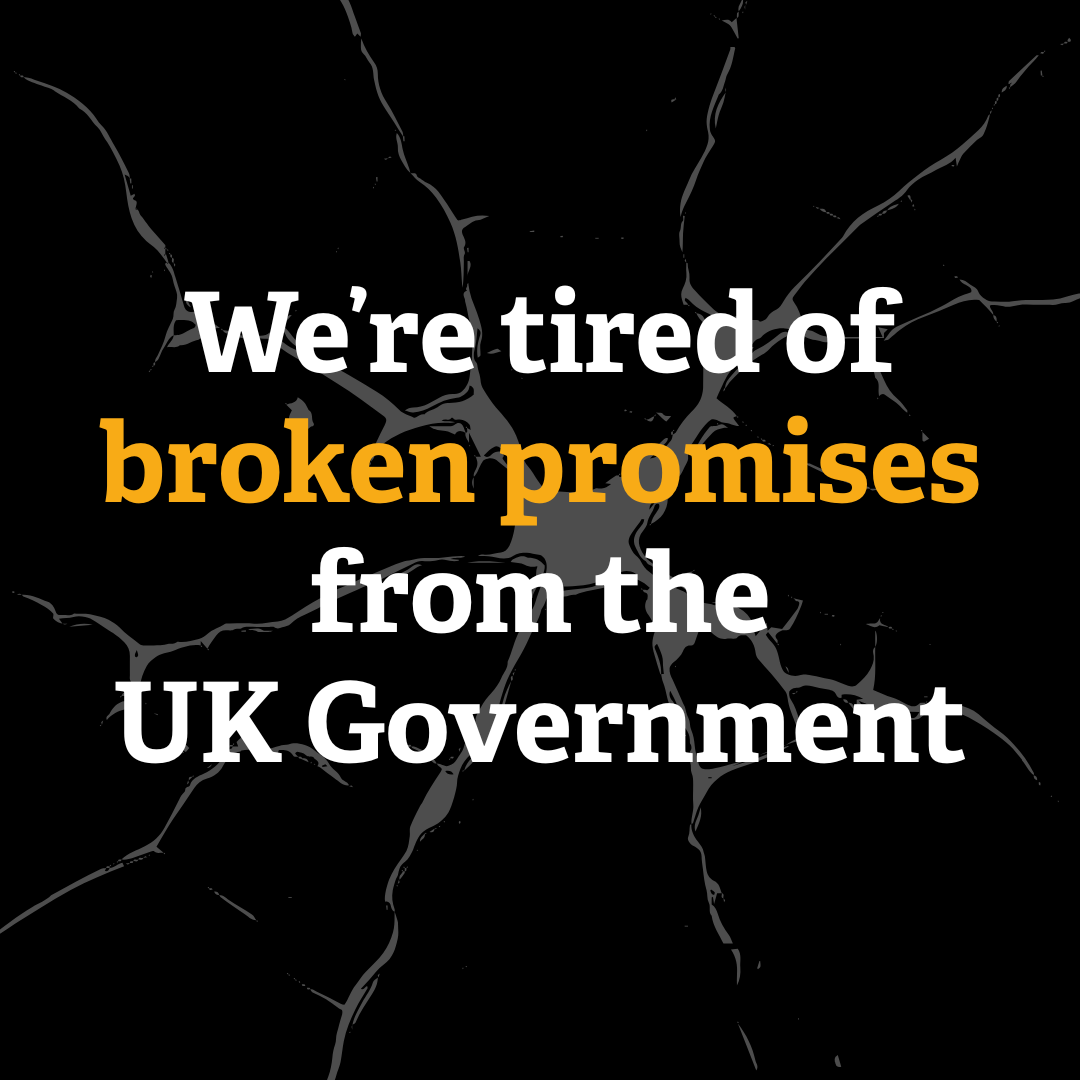New leader joins UK’s much-loved force for nature as charities wrestle with pandemic fallout
Craig Bennett becomes new CEO of The Wildlife Trusts on Monday 6th April. He arrives at a time when people seek solace in nature from the coronavirus – but, like so many other charities and businesses, The Wildlife Trusts are struggling with the severe implications of the pandemic on funding, resources, and necessary absence of the 38,000 volunteers that usually help care for thousands of precious wild places and the species that depend on them.
When the UK emerges from coronavirus, the ongoing nature and climate crises will still remain to be tackled and The Wildlife Trusts want to be leading efforts to do this – but they need people’s continued support to survive.
The Wildlife Trusts are a movement of 46 charities whose collective strength often falls below the radar because they operate at a local, grassroots level; their positive influence for nature and on people’s lives is immense.

Craig Bennett, new CEO of The Wildlife Trusts says:
“These are desperate times. We’re facing global health, climate and ecological emergencies, and people are turning to, and need, nature more than ever. But when the pandemic has passed, there is a battle to resume – to restore nature and to empower people to take action for the natural world. At The Wildlife Trusts, we have a pivotal role to play and have a clear understanding of the urgency. We have long recognised that conserving nature – protecting the wild places and nature that remain – is not enough; we must all do more to restore the abundance of nature, restore ecosystem processes, and reverse the UK’s status as one of the most nature-depleted countries in the world. We want to see at least a third of land and sea given to nature by 2030. In short, we want our nature back.
“We must ensure that The Wildlife Trusts can thrive and go on to recover from the effects of the coronavirus once it is over. We need support to continue to do what we are so prized for: care of thousands of wild and precious places, work to restore nature and carbon-capturing habitats across the wider landscape, and engage people from all walks of life in the wonder of nature and to feel its beneficial effects on their wellbeing.”
About The Wildlife Trusts and some implications of coronavirus on their work:
- Last year more than 38,000 volunteers, the highest number of nature volunteers, gave 1.7 million hours working for nature. Now, volunteering has had to stop. This will have a huge impact on conservation work such as maintaining and restoring habitats, monitoring wildlife and more.
- Over 250,000 acres across 2,300 nature reserves are cared for by the charities – and they advise on how a further half a million acres are managed. Collectively they improve vast areas for nature – additionally protecting thousands of acres through influencing planning decisions each year and caring for, or providing advice, along more than 11,000 miles of rivers. Much of this work is now on hold.
- 123 visitor and education centres run by Wildlife Trusts in every part of the UK have had to close, and all events and educational activities bringing people closer to nature have stopped. The subsequent loss of revenue will have a huge impact on their ability to fund vital conservation work. 100% of profits generated in visitor centre shops and cafes is ploughed back into nature conservation work by the Trusts.
Craig Bennett continues:
“Nature is in freefall and restoring it across whole landscapes is urgently needed – for its intrinsic value and also because of the important jobs it does for us. The catastrophic declines and the negative effects on ecological processes are now known to be directly linked to the climate emergency: drain a peat bog and you release thousands of tonnes of carbon; restore it and wildlife thrives once again while you re-establish a massive carbon store and protect communities from flooding.”



